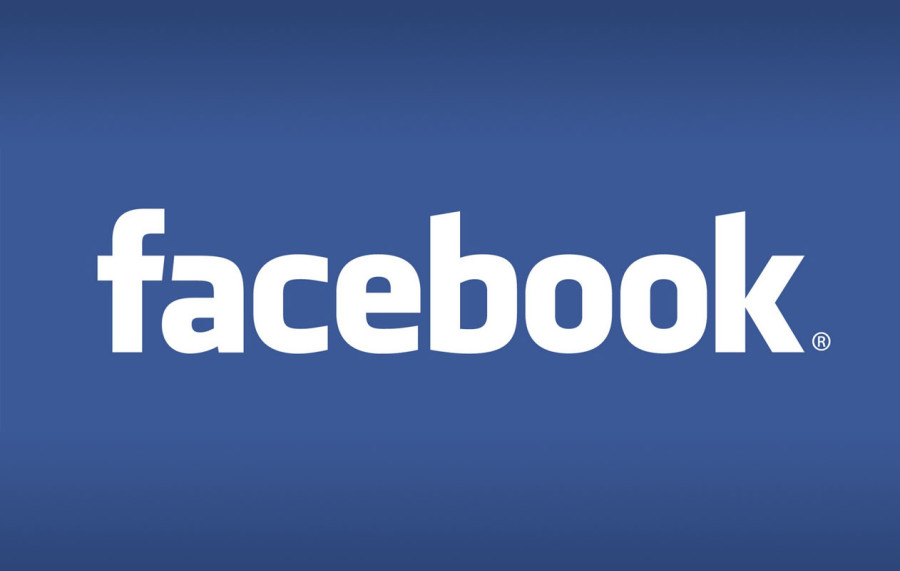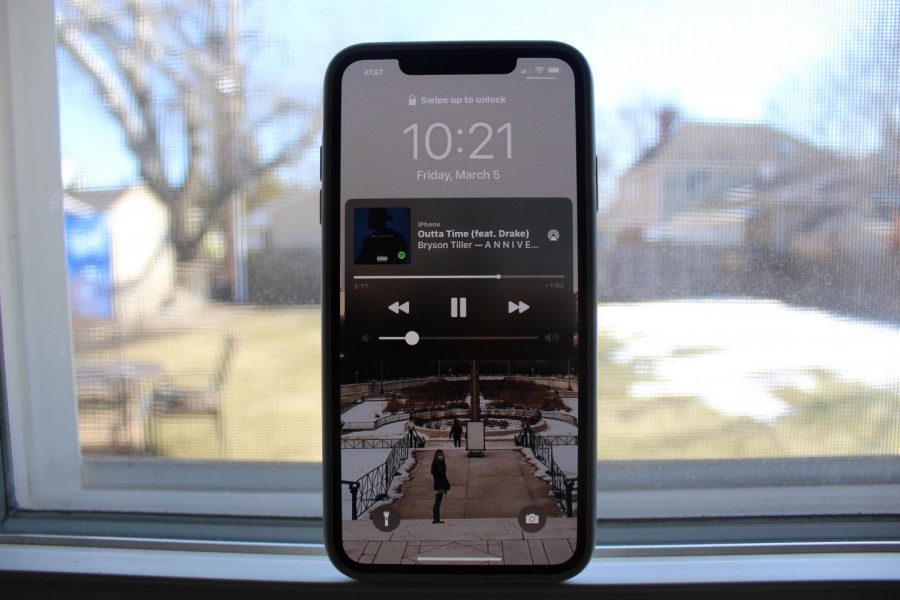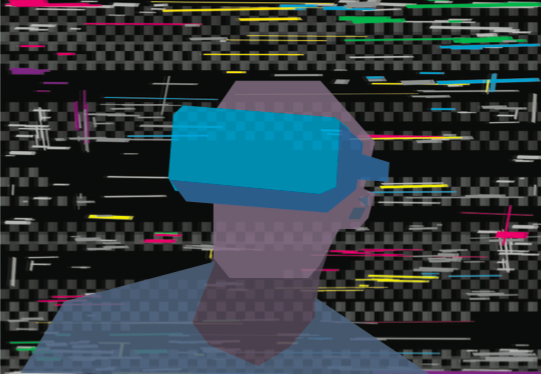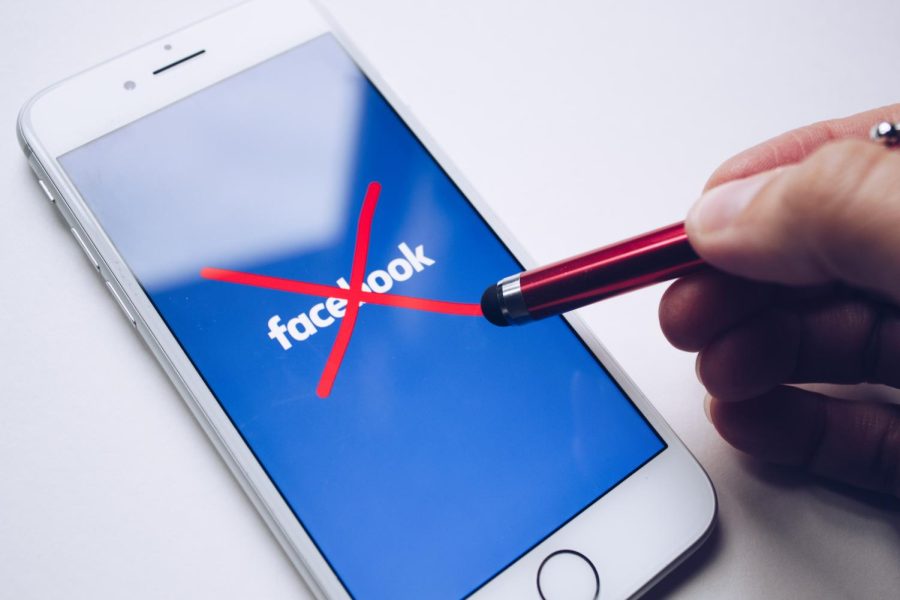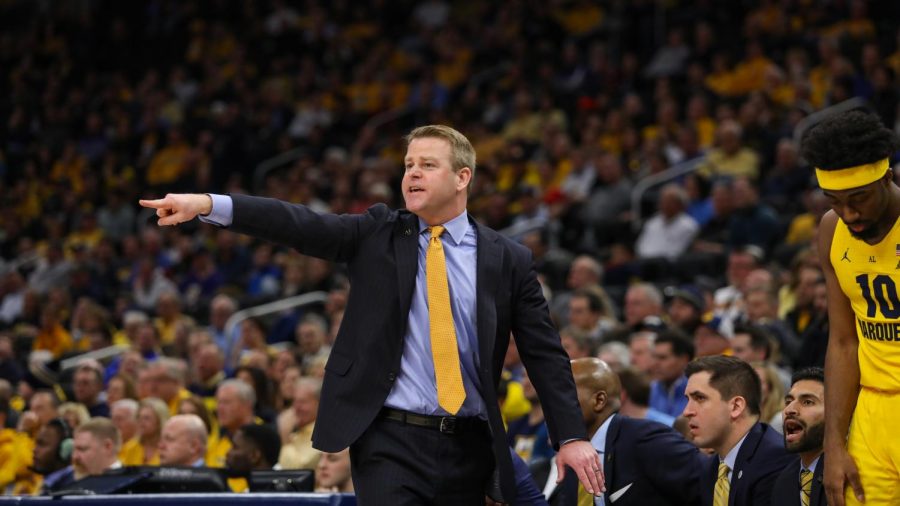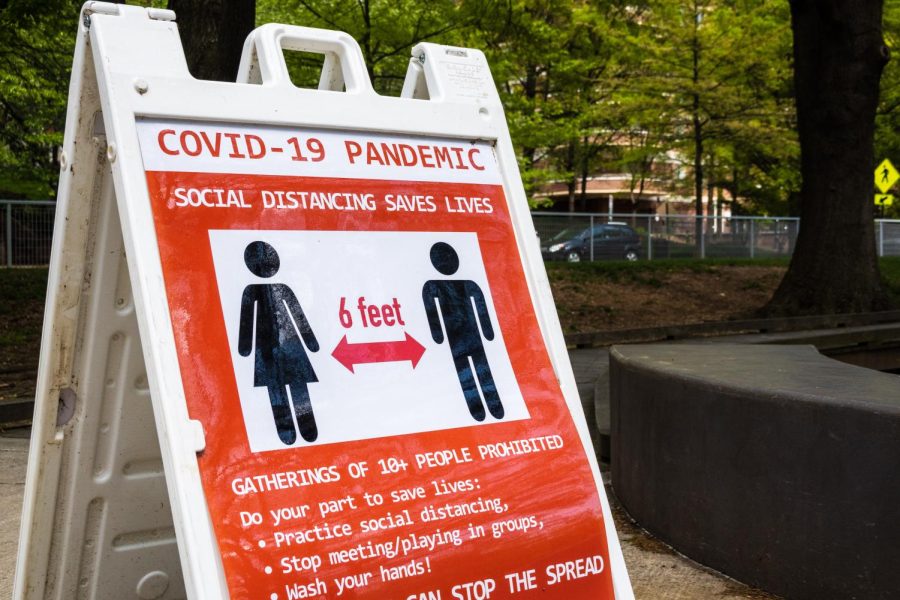How is the largest social media mogul going to celebrate its 10th birthday? Release a new layout? Add features? Purchase another social application under its name? Is it going to be celebrating with a major gain in the stock market?
Facebook could do seemingly anything it wanted on its birthday and still hold the dedicated consumers it has today. Through layout changes, added features, office changes and legal battles, users have remained committed to the largest social media site ever created.
What once began as an experimental social site to compare student pictures side-by-side and rate who was “hot or not,” Facemash.com soon developed into “the Facebook.”
Facemash was shut down a few days after its creation in October 2003 when Mark Zuckerberg, a student at Harvard University, faced charges of violating copyright, breaching security and violating privacy for stealing pictures of fellow students for his website. Eventually, all charges were dropped, but Zuckerberg continued with his online endeavors.
On February 4, 2004, – with the help of fellow students Dustin Moskovitz, Eduardo Saverin, Andrew McCollum and Chris Hughes – Zuckerberg released his second website, thefacebook.com. His intent was to create a site that allowed everybody around Harvard’s campus to connect with one another. Within the first 24 hours of its launch, 1,200 students registered for the site. A month after its creation, more than half of Harvard’s undergraduate population was using the website. Facebook then expanded to Stanford, Columbia, Yale, all Ivy League schools and then to other universities. A year after later, the “the” was dropped from the domain when facebook.com was purchased for $200,000. Soon after, the company continued its expansion, even to schools abroad.
Today, anybody with a registered email — not just college students — can register for a Facebook account. Everybody from middle schoolers and grandparents, to celebrities and animals are on Facebook.
In October 2012, nine years after its creation, Facebook reached one billion users.
The intention behind Facebook remains the same – to connect people with one another. However, who those people are and how they do so has changed drastically over the last decade.
From layout changes to added features, the way in which people use the website has become even more complex. It is not hard to keep tabs on what friends and family members are doing, especially with features such as posting on other’s walls, participating in chat messages, updating statuses or sharing photographs.
Sarah Kannall, junior Marketing and Human Resource major at Marquette University, joined Facebook in 2008 as a sophomore in high school.
“Facebook had more of an impact on me when I was in high school because it was a way of constantly knowing what was going on with my friends or classmates – viewing their pictures after a dance or reading their statuses about their weekend plans,” Kannall says. “It was my go-to thing after I got home from school each day. Now that I live on campus and my friends are only blocks away, I choose to go hang out with them instead of talking with them via social media.”
Over the years, Facebook has undergone many changes. The beginning was simple. People were allowed to write on each other’s wall, post pictures and send out invitations. Today’s Facebook marks the most functional and professional website to date. The focus now centers on using Facebook as a messenger service, a search service, chat service, events service and news-feed interactivity service. People are still able to share messages, pictures and videos with one another, but in recent years Facebook has added more interactive features. The addition of events allows people to create and invite people online to social gatherings; embedded links allow users to follow news stories from their friends or media outlets with a click of the mouse; messenger has been updated to allow for group conversations and video chat; pages were created to promote businesses, products and important people by allowing consumers to stay updated on the latest information pertinent to them; and games, including the addictive Candy Crush, were added so users can play against their friends.
The ways in which Facebook has expanded over the years seems never-ending. The list grows with each year and while it seems that at first the changes do not resonate with users, over time they often forget the way Facebook used to be.
Daniel Klingelhoets, a sophomore in the College of Business Administration, registered for Facebook in 2007 during middle school. There have been at least five major changes since he joined, but Klingelhoets’ use of the website has not been altered.
“The changes don’t really alter much for how I view the site. They just kind of happen and I go with it,” Klingelhoets says. “Like many, I may not like some changes at first, but I adapt. It ends up not being a big deal.”
These changes have only helped Facebook’s popularity. Once a private company, Zuckerberg filed for an initial public offering on February 1, 2012 – almost eight years after its creation. On May 18, 2012, Facebook held its first IPO. Zuckerberg turned down billion dollar buyouts from some of the largest companies prior to going public. Even with the company now initiating stock, Zuckerberg still retains ownership in 22 percent of the company.
Facebook, which is valued at $104 billion, has helped reinvent the way our society communicates with one another.
We used to be able to write letters, talk with people on the phone, text and sometimes even communicate through silent gestures such as smiling or hugging. The creation of the Internet and subsequent formation of social media sites has begun to replace and redefine some of these traditional forms.
Facebook has created a massive, personal information-sharing platform that no other social media site has done – not even its predecessor, MySpace. People have the ability to communicate with others near and far with Facebook. Today, all we need is a computer, tablet or phone to stay informed with the latest news from friends and family members.
“I think Facebook has helped and hindered our generation,” Kannall says. “It allows for easier communication and has given us the ability to stay in constant communication with our friends, however, I feel like it has hindered our ability to communicate in person. Especially for teenagers who begin using it earlier and earlier than ever before. They are still learning the best ways to communicate and now they rely on texting and using Facebook chat instead of calling someone on the phone or making plans in person.”
Communication is essential to society. But while Facebook has expanded and even altered the ways in which we do communicate, the affects of these changes have not always been positive. Having communication so easily accessible to the masses has brought to light several negative qualities that come with the use of social media.
Today’s generation is constantly preoccupied with what is put up, what is said, how it is said, how many likes a post gets, who is on a friends list, etc. For many, it almost becomes an obsession that cannot be controlled.
“I can admit that in the past I was very much addicted to Facebook. I always checked it and constantly would scroll through my news feed at any moment I was bored,” says Danny Alfonzo, junior in the College of Communication. “As I’ve grown older, I feel like it’s just there and it doesn’t hold that much control over my life anymore. It’s nice to not be so connected sometimes.”
The negative effects extend far beyond an addiction. Bullying has become an ever-increasing problem since the Internet’s creation. Anything can be said online and anybody can hide behind messages, emails and posts. Cyber-bulling, in most cases, is anonymous and hard to escape. People of all ages, sexual orientation and ethnicity can be affected by hostile rumors and gossip. The invention of social media sites has not alleviated these problems, as studies have shown that online bullying has only increased with their creation.
While these instances of addiction and cyber-bulling are common, they’re not experienced by every user of Facebook. What is most common, though, is how such a prominent social media site has changed our interaction with one another. Although it has allowed for easier communication across multiple platforms, it has also hindered the way in which we communicate on a daily basis with one another.
Past generations had to call, send letters or speak to one another face-to-face in order to relay information. Now, our generation is reliant on technology. People born in the past two decades have grown up with the Internet. With the recent rise in social media, both have become almost like a first language to them.
Hannah Schafer, junior Speech Pathology and Audiology major in the College of Health Sciences, notices the way in which our generation has changed communication platforms.
“It seems as if no one really knows how to communicate in person anymore,” Schafer says. “Facebook and other technology allows us to respond at our own convenience. When we hold conversations we get to think through responses, but when people get together face-to-face they don’t know how to converse anymore. People are losing the ability to interpret body language and facial cues in conversation and, instead, fill awkward silences by turning to our phones.”
According to Facebook, every 20 minutes there are one million links shared, two million friend requests and three million messages sent. Twenty minutes also represents the average time spent on Facebook per visit. With more than one billion people registered on the site, the average time spent by all of them on the website each month amounts to 700 billion minutes.
The amount of time on social media sites correlates to the way younger generations communicate. With millions of users, Facebook gives us opportunities to become closer with people, but it can also take for granted the value of a phone call or meeting up in person. It is much easier to text or message someone, yet nonverbal communication skills are lost over these medias.
In recent years, many studies have been done on verbal and nonverbal communication. Results show that only 7 percent of the meaning of a conversation is conveyed through words, while 55 percent is communicated via nonverbal cues – facial expressions, gestures, posture, etc. Although the intent from the sender may be clear, the loss of these verbal and nonverbal cues over Facebook can cause many communication issues.
While social media is the future of how we communicate, it cannot exist with out the traditional, face-to-face contact.
“As much as I don’t want to recognize it, I think it has hindered our generation on multiple levels,” Klingelhoets says. “It seems as though people who use Facebook a lot, really forget how to communicate face to face. I think in terms of jobs as well, our generation needs to be much more conscious of their actions and things they are posting.”
Klingelhoets recognizes another issue the creation of Facebook has created – most people do not filter the content they post online. Depending on privacy settings, anybody, including friends, family and potential employers, can easily access anything and everything on someone’s profile. There are ways to combat this, but online etiquette has not resonated with many users, especially those of the younger generation. What some fail to realize is that activity on social media affects the way people view them not only in the present, but in the future as well.
It is hard to deny, though, that the creation of a social media website, such as Facebook, has forever changed our world. It has broken the barrier of space and time. People can now communicate instantly with one another, all over the world, 24/7.
“In many ways, I think it has done wonders for the world in connecting people. But then again, there are consequences as well,” Alfonzo says. “I feel like it causes a lot of social anxiety in our society, especially with the use of smartphones.”
Our world has come a long way since the days of Paul Revere when information was spread to the masses via horseback. Today, we rely on the Internet and social media in order to stay connected with one another. Facebook, which is celebrating its 10th anniversary this year, will continue to be a prominent staple in our society for years to come. It is easy to look back and see the impact a single website has had on our world. Zuckerberg created a social media site that has changed the ways we communicate with one another, go about our daily life and remain connected with people and events in the world. Although there have been some negative aspects that have come out of the creation of Facebook, it continues to take the world by storm, linking people of all ages, races, genders, ethnicities and religions with one another.
Who knows what our culture would be like today if the largest social media company did not exist.

